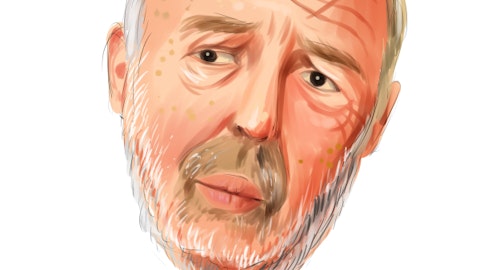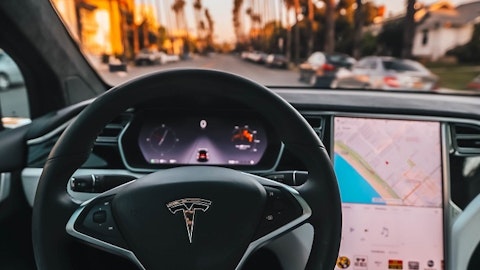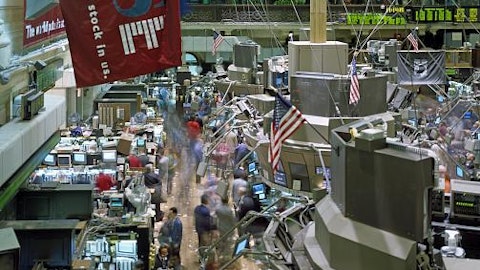Operator: Thank you. And the next question will be from David Marsh with Singular Research. Please go ahead.
David Marsh: Hi, thank you very much for taking the question, guys. And congrats on the quarter. And Joel, congrats on the retirement announcement. It sounds like well-deserved after such a long period in the company.
Joel Hatlen: Thank you much.
David Marsh: In terms of questions, my first question is just, in general, with regard to the automotive industry. Obviously, the industry has been kind of lagging in terms of chips for quite some time. Can you kind of give us an update on where things stand today in terms of suppliers and their ability to get chips into new vehicles? Are we still facing a backlog? Or are we caught up at this point?
Anthony Ambrose: Well, I think the general sense we get from the industry, and there is some variability between various companies, there is still some issues out there. They have gotten a lot better than I think the worst. Worst was a couple of years ago. And the sense is they’ll continue to get better. Part of that is just the issues working themselves, working themselves out. And the other part is competition from other markets like PCs and mobile phones for common parts. The competition from those industries has dropped substantially, so more is available to go to automotive. So overall, it’s in a much better place. I think you can still point to shortages, but we expect it to continue to get better throughout the year.
David Marsh: So there is a chance I could get my two missing chips for my €˜22 Suburban then?
Anthony Ambrose: Call Mary for that one.
David Marsh: Just along the same lines on the supply chain side, could you talk about China in particular, in terms of what is going on in that market? Obviously, you guys have operations there. I mean has there been a significant disruption there as a result of the prolonged shutdowns? And what is the future for China in terms of how it may or may not relate to the U.S. with what’s coming down from the administration about buy American and more chips made in the U.S. and so forth?
Anthony Ambrose: Understood. So I mean the old Chinese saying, may you live in interesting times, certainly apply to 2022, first, with the lockdown and then with the complete change in policy with respect to COVID. From our business, we actually had a very good year in China last year, even with all of that disruption. We think the most important thing for our automotive customers, and that’s where we really focus, is to have a resilient supply chain. We have operations here in Redmond. We’ve had operations and manufacturing in Redmond for 50 years. We’ve had operations in China for almost 20, and we build products in both places. And that gives us some unique advantages of being able to support both the China market from China and the U.S. market from the U.S. and other markets from wherever we need to.
If it comes to a situation where there is a real global disruption, it’s going to be impactful to anybody no matter where they are. You could make a case that Taiwan would suffer if there was any kind of armed conflict there. Getting product in and out of Taiwan would be a challenge if there is an earthquake in Taiwan, where some of our competitors are based. Other competitors are based in areas that have had massive flooding. And it’s not just geopolitical considerations but weather and Mother Nature that really, I think, help us explain to our automotive customers the benefits of a resilient supply chain where we can build in multiple locations. So from our standpoint, we benefit from having operations in China. We benefit from having operations in the U.S. We benefit from having customers in both China and the U.S. as well as globally.





